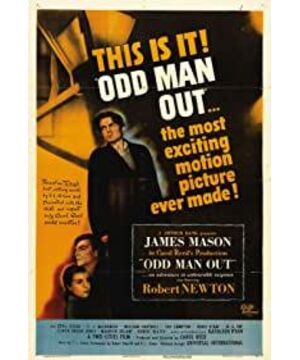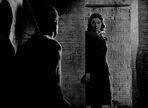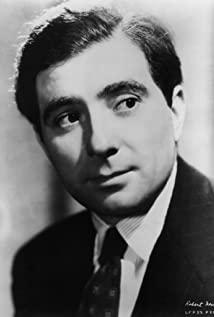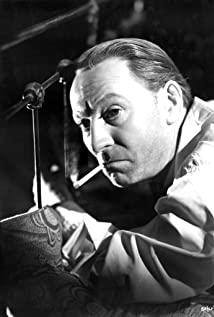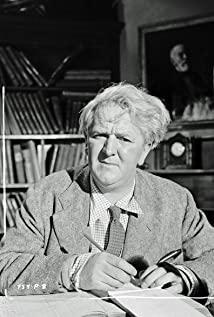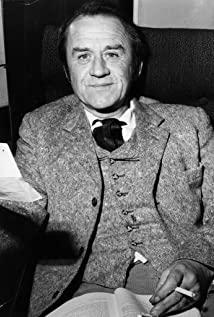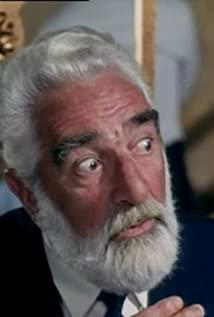While the city of Belfast and IRA are conspicuously unspecified in Carol Reed's film noir mood-setter ODD MAN OUT, it actually betrays that what Reed tries to tell is a universal moral story. Thrusting Johnny McQueen (Mason), the head of an insurgent organization , who becomes a wounded fugitive on the run after a mill-robbing bravado goes amiss, at the mercy of various characters he encounters, with whom the film deftly applies the litmus test of humanity.
Mason plays Johnny with a decided “softness”, he is a leader who is averse to violence and incapacitated in the aftermath of killing an innocent person (touchingly he is in a trance wish “everything is just a dream”), his fate is sealed when the whole city is under a police dragnet to hunt him down. Therefore, most of the time, Johnny is reduced to a passive, nearly insensate deadweight, whose appearance stirs the placidity of people and prompts their actions that reveal their true colors.
Most people are either sympathetic, like the avuncular Catholic priest Father Tom (Fay), or Rosie (Fay Compton, particularly assertive), a no-nonsense first-aid doer, who only balks after finding out Johnny's identity and dares not defy her husband's authority; or want nothing to do with a hot potato that Johnny, yet is not above to alert the police, like the unwitting hansom cabbie (Tomelty) or the bar proprietor Fencie (Hartnell); nevertheless, some has their only self-seeking agenda in the act, a well-off fink like Theresa O'Brien (Delaney) or the deadbeat Shell (McCormick, extraordinarily effervescent in a poor man's naiveté, and the coded exchange about a wounded bird called Johnny), who is a naive fool wanting a touch of faith, or the inebriated painter Lukey (Newton, plumb in his wheelhouse as a hellraiser),who in time will painfully realize he is not cut to be a top-line maestro.
Also embroiled in the fold is Kathleen (Ryan, supernaturally cool, calm and collected), Johnny's faithful girlfriend, who is resolute to accompany her love to damnation as the last resort. Yet to today's eyes, the raison d'être of Kathleen's act is mostly contentious, as literally she leans on religion for her own radical decision, were it not for her firm belief of life after death, she could find a more tactful recourse to end her and Johnny's misery. Whether Reed and his scribes attempt to extol or condemn such deeds is moot, but it serves as a warrant that even vintage pictures need reappraisal from time to time, to calibrate its merits and demerits according to the ever-shifting ethos.
Achieving quite a sociological portraiture of characters with distinction, Reed and co. also brilliantly maps out a striking visual flair underscored by stark chiaroscuro of dark alleys and Stygian cityscape, vehement Dutch angles, low-angle composition and surreal montages of foreshadowing and hallucinations, whose completion is roundly state of the art, and ODD MAN OUT is a razzle-dazzle that encapsulates the film-noir aesthetics down to the ground, with or without its antiquated sentimentality.
referential entries: Reed's THE FALLE IDOL (1948, 7.7/10); THE THIRD MAN (1949, 8.3/10).
View more about Odd Man Out reviews


